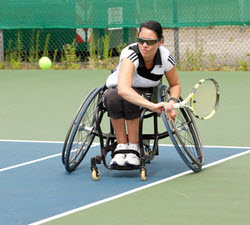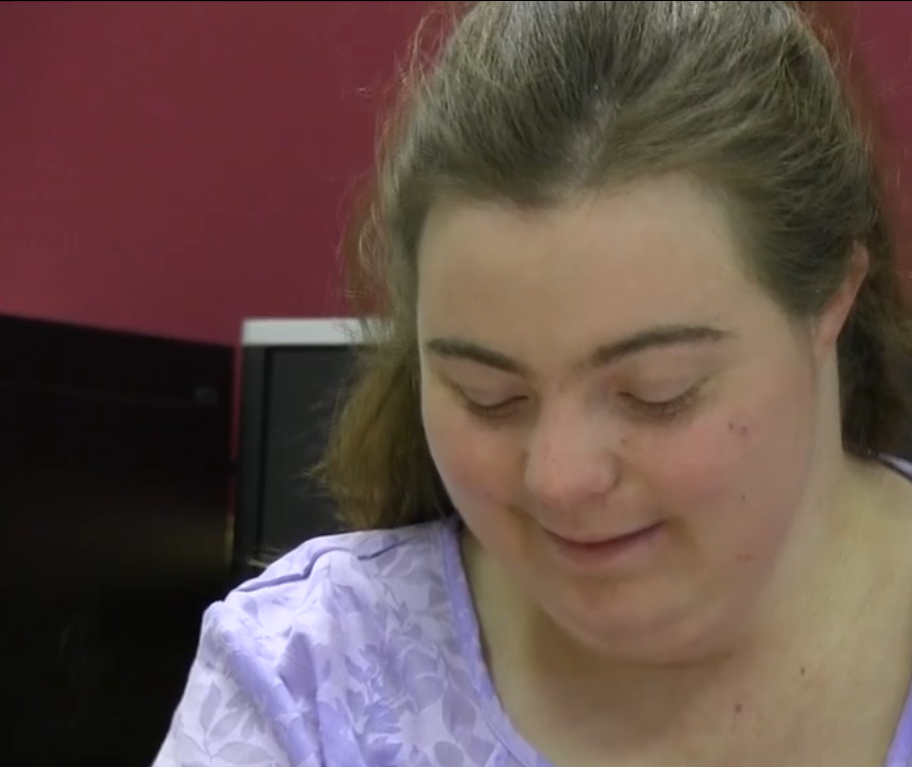Participation
All students have the right to participate in education.
Students with disability have the right to participate in educational courses or programs, and use educational services and facilities on the same basis as students without disability.
The Disability Standards for Education 2005 (the Standards) set out Standards for participation, describing how schools can make reasonable adjustments so that students with disability can participate in education on the same basis as students without disability.
Education providers who uphold these rights will:
- ask the student or their associate if their disability affects their participation in educational activities or their use of services
- make reasonable adjustments to ensure that students with disability can participate in all educational activities
- take reasonable steps to ensure that students with disability can use services and facilities without experiencing discrimination
- be willing to make any necessary reasonable adjustments so that a student with disability has similar choices and opportunities as students without disability.
Consultation helps education providers to make sure students with disability can participate in education on the same basis as other students.
Participation: In practice
Some of the ways schools comply with the Standards for participation include:
- offering courses and programs that are flexible enough to include all students
- adapting courses or programs to include activities in which all students can participate
- providing specific support for students with disability to achieve learning goals
- substituting activities when needed so that students with disability can participate on the same basis as others
- designing flexible extra-curricular activities, such as excursions, so that all students can participate
- providing learning materials, texts and handouts ahead of the class so learners and support workers can become familiar with them before the lesson
- allowing rest breaks for a student who has difficulty maintaining writing posture for any length of time
- providing appropriate lighting and eliminating glare for students with low vision or sensory sensitivity
- organising a home economics class so that a student with limited hand movement has all items within easy reach and has a range of assistive technology (eg adaptive grips and non-slip cutting boards) so they can participate in cooking on the same basis as other students.
If you would like to know more about this topic, visit A brief guide to the Disability Discrimination Act 1992 on the Australian Human Rights Commission website.
Question
Which educational activities do students with disability have the right to participate in?
-
Assessment tasks (eg tests, projects, exams)
Yes, students with disability have the right to participate in all types of educational activities on the same basis as other students.
-
School excursions
Yes, students with disability have the right to participate in all types of educational activities on the same basis as other students.
-
Inter-school sports competitions
Yes, students with disability have the right to participate in all types of educational activities on the same basis as other students.
-
School camps
Yes, students with disability have the right to participate in all types of educational activities on the same basis as other students.
-
Performances and concerts
Yes, students with disability have the right to participate in all types of educational activities on the same basis as other students.
-
Work experience placement
Yes, students with disability have the right to participate in all types of educational activities on the same basis as other students.
-
Class group work
Yes, students with disability have the right to participate in all types of educational activities on the same basis as other students.
-
School social events
Yes, students with disability have the right to participate in all types of educational activities on the same basis as other students.
